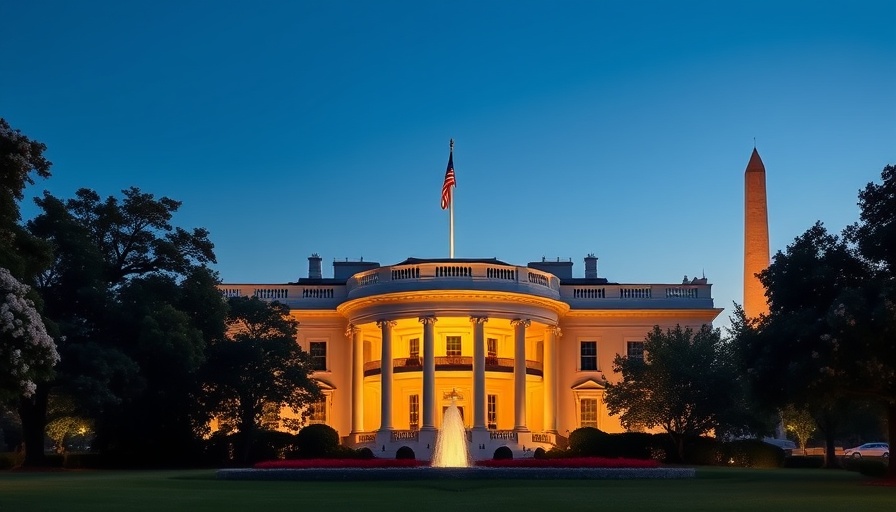
The Complexity Behind Tariffs: A Closer Look
The imposition of tariffs has long been a heated topic in U.S. economic policy, especially under President Trump’s administration. On April 4, 2025, as the White House marked what they termed 'Liberation Day'—the day new tariffs were enforced—the narrative surrounding tariffs was presented as one of victory. However, in an era where economic facts collide with political rhetoric, a closer examination reveals that these new measures may not be as advantageous as claimed.
Understanding the Economic Impact of Tariffs
The administration's assertions about tariffs being tools for economic growth hinge on the belief that they can shield American industries from foreign competition. However, data cited by the White House illustrates that tariffs often lead to increased consumer prices and reduced manufacturing outputs—findings corroborated by numerous studies. This raises the question: who truly benefits from such policies? For everyday consumers, the result is likely higher prices on essential goods, undermining the argument of tariffs as beneficial.
Costly Retaliation and Its Consequences
Further complicating the narrative is the reality of retaliatory measures taken by other nations. Countries affected by U.S. tariffs have begun implementing their tariffs on American products, leading to a cyclical tension that can harm U.S. businesses, particularly in manufacturing and agriculture. This retrospective view of tariffs as a protective measure reveals that they can paradoxically undermine the economic stability they were supposed to protect, highlighting a critical flaw in the administration's justification.
Future Directions and Economic Strategies
As the political landscape evolves, so too should the strategies employed for economic growth. Instead of relying on tariffs, a more effective approach could involve fostering international trade relationships and focusing on innovation and domestic production capabilities. This shift not only preserves economic integrity but also strengthens the U.S. position in a global market increasingly defined by competition and collaboration.
The ongoing debate over tariffs underscores the importance of transparency and accountability in economic policy. Understanding the implications can empower citizens and policymakers alike to make informed decisions. As the impacts of these tariffs continue to unfold, it remains essential to engage critically with the economic realities they produce.
 Add Row
Add Row  Add
Add 




 Add Row
Add Row  Add
Add 

Write A Comment